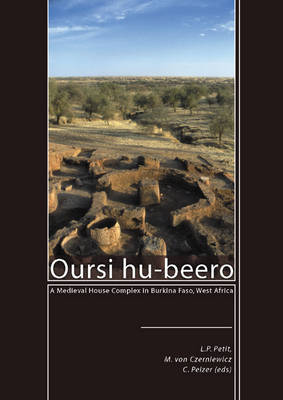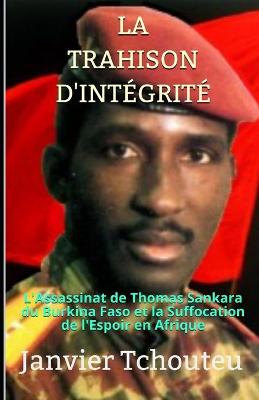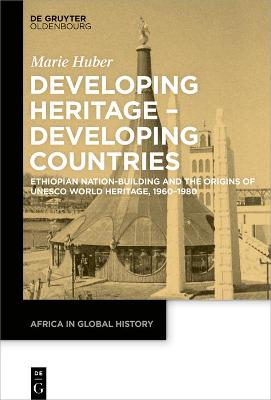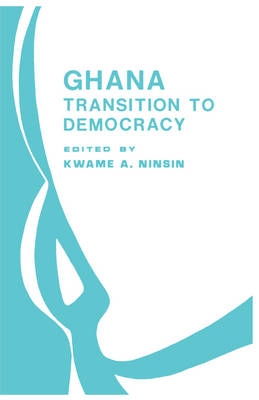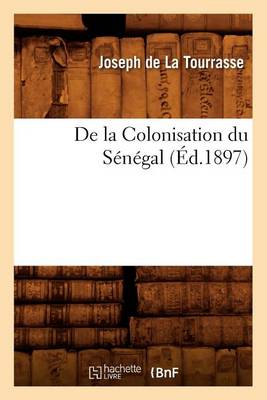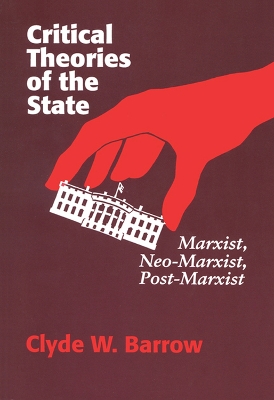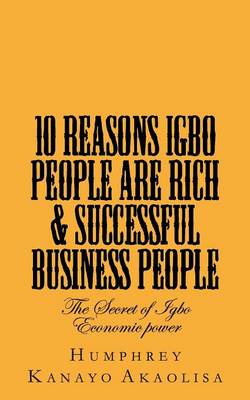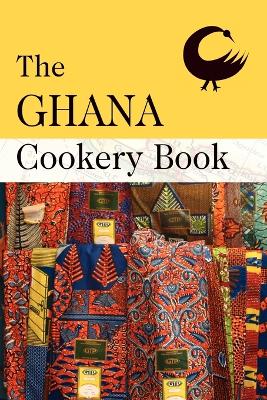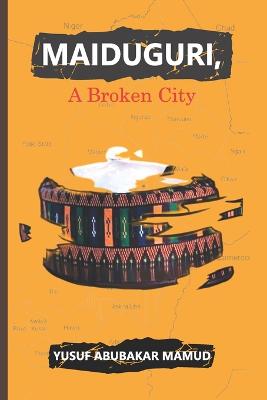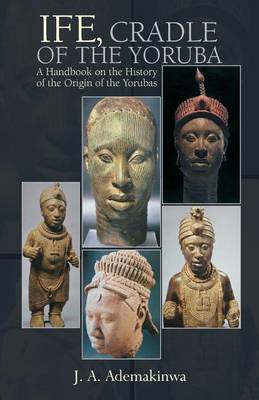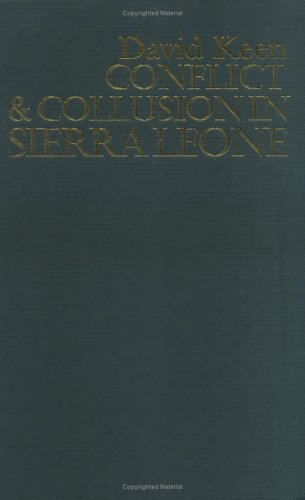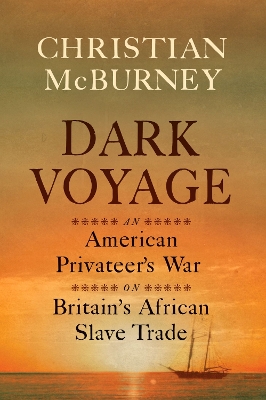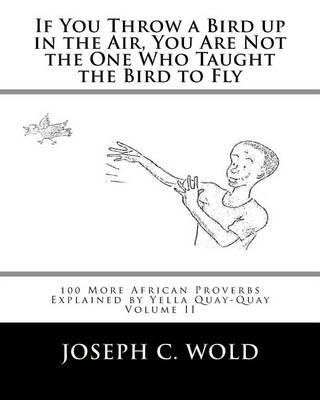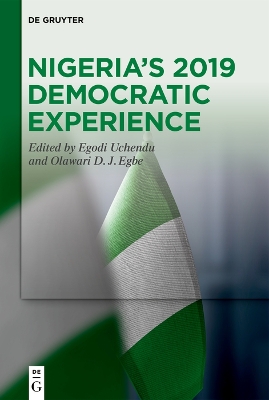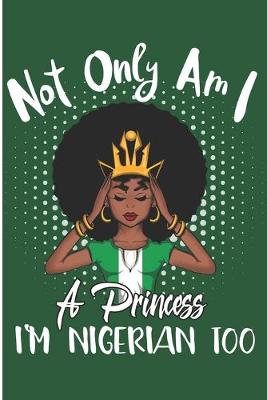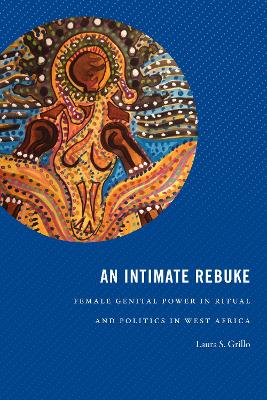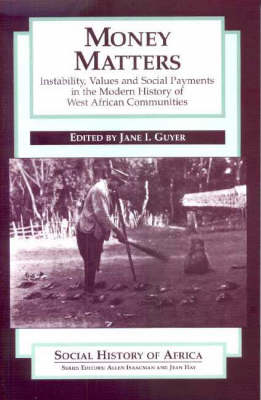Oursi hu-beero
This final report describes the study of an exceptionally well-preserved Iron Age building discovered in northern Burkina Faso, West Africa. The site of Oursi hu-beero, meaning "the big house of Oursi" in the locally spoken Songhay language, was excavated in 2000 and 2001 by a scientific team from the universities of Frankfurt am Main and Ouagadougou. It is situated in the middle of a group of settlement mounds, nearby the modern village of Oursi. In the year 2000, deep erosion gullies we...
Most accounts of Nigeria's colonisation were written by British officials, presenting it as a noble civilising mission to rid Africans of barbaric superstition and corrupt tribal leadership. Thanks to this skewed writing of history, many Nigerians today still have Empire nostalgia and view the colonial period through rose-tinted glasses. Max Siollun offers a bold rethink: an unromanticised history, arguing compellingly that colonialism had few benevolent intentions, but many unjust outcomes. It...
Developing Heritage - Developing Countries (Africa in Global History)
by Marie Huber
The history of development has paid only little attention to cultural projects. This book looks at the development politics that shaped the UNESCO World Heritage programme, with a case study of Ethiopian World Heritage sites from the 1960s to the 1980s. In a large-scale conservation and tourism planning project, selected sites were set up and promoted as images of the Ethiopian nation. This story serves to illustrate UNESCO's role in constructing a "useful past" in many African countries engaged...
de la Colonisation Du Senegal, (Ed.1897) (Sciences Sociales)
by Beuverand de la Loyere P
Critical Theories of the State
Critical Theories of the State is a survey of radical perspectives on the modern state. By focusing on Marxist theory and its variations, particularly as applied to advanced industrial societies and contemporary welfare states, Clyde W. Barrow provides an extensive and thorough treatment of the topic. Barrow divides the methodological assumptions and key hypotheses of Marxist, neo-Marxist and post-Marxist theories into five distinct approaches: instrumentalist, structuralist, derivationist, syst...
Ten Reasons Igbo People Are Rich and Successful Business People
by Humphrey Kanayo Akaolisa
In this original interdisciplinary study of Togo and African colonial history, Benjamin Lawrance synthesizes political, gender, and social history by documenting the contributions of rural-dwelling populations in anti-colonial struggles. Anchoring his arguments on the premise that nationalist historiographies have overstated the role of urban and elite power while undervaluing the strategic place of rural constituencies, Lawrance uses the Ewe nationalist movement of southern Togo as a case study...
This book provides a history of the last ten years of Sierra Leone, including a new and insightful discussion of the Sierra Leonean war which questions the assumption that it is taking place between two parties and suggests instead that there are various armed groups that have little interest in ending the conflict. The war and continuing UN presence in Sierra Leone have made it one of the African countries given a good deal of attention in the international press, and Keen's book is the most up...
If You Throw a Bird Up in the Air, You Are Not the One Who Taught the Bird to Fly
by Margaret Miller and Joseph C Wold
Nigeria's 2019 Democratic Experience
Nigeria's democratisation efforts since attaining political independence from Britain have been tumultuous and have spanned over three successive republics. A persistent bug decimating Nigeria's democracy and repeatedly leading to military coups has been brazen electoral violence perpetrated by the nation's political elite. Nigeria's 2019 Democratic Experience analyses and explains what went wrong in Nigeria's experiment with democracy. Nigeria, Africa's most populous nation and the world's s...
An Intimate Rebuke (Religious Cultures of African and African Diaspora People)
by Laura S. Grillo
Throughout West African societies, at times of social crises, postmenopausal women-the Mothers-make a ritual appeal to their innate moral authority. The seat of this power is the female genitalia. Wielding branches or pestles, they strip naked and slap their genitals and bare breasts to curse and expel the forces of evil. In An Intimate Rebuke Laura S. Grillo draws on fieldwork in Cote d'Ivoire that spans three decades to illustrate how these rituals of Female Genital Power (FGP) constitute reli...
Money Matters (Social History of Africa S.)
Examines currency and value in West Africa over the past 100 years. This book contributes to the new history of imperialism and suggests fresh ways of analysing money in those areas of the globe which are outside the centres of financial power. It also provides a contribution to the new economic anthropology of West Africa.
From Slavery to Free Labour in Rural Ghana (Western African Studies)
by Gareth M. Austin
While Jews have long had a presence in Ethiopia and the Maghreb, Africa’s newest Jewish community of note is in Nigeria, where upwards of twenty thousand Igbos are commonly claimed to have adopted Judaism. Bolstered by customs recalling an Israelite ancestry, but embracing rabbinic Judaism, they are also the world’s first “Internet Jews.”William Miles has spent over three decades conducting research in West Africa. In /Jews of Nigeria: An Afro-Judaic Odyssey, /he shares life stories from this sp...
